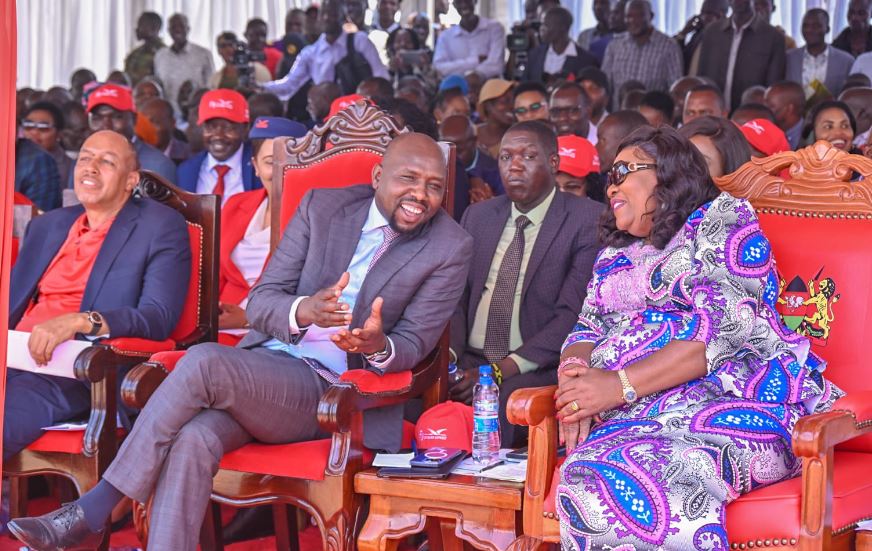
A section of the legislators praised his unwavering integrity, asserting that he is well-suited for the demanding role.
Mulele underwent a vetting process conducted by the Committee on Justice and Legal Affairs, which is chaired by George Murugara, the Member of Parliament for Tharaka.
The vetting report recommending his appointment cites his extensive understanding of public litigations and his comprehensive knowledge of the inner workings of the Office of the Director of Public Prosecutions, gained from his many years of service there.
“Mulele exhibited his best skills to fit in the shoes of his predecessor,” Murugara said.
Nevertheless, he has been challenged to safeguard the independence of the office and refrain from making decisions based on the desires of the political elite.
Mulele takes over from Noordin Haji, who has since moved to the National Intelligence Service(NIS).
President William Ruto nominated Mulele for the position last month, selecting him from a pool of 15 candidates who had been shortlisted by the Public Service Commission.
Before his nomination, he held the position of Assistant Director of Public Prosecutions (DPP).
Meanwhile, the National Assembly has rejected amendments to the Public Finance Management Amendment Bill, which were initially approved by the Senate. These amendments pertained to public debt and borrowing and were deemed as potentially limiting the National Assembly’s authority.
The Senate had put forth a proposal suggesting that the Cabinet Secretary for Treasury should annually submit a report on the debt status and borrowing activities of the National Government to both houses by April 30th, while also specifying exceptional circumstances.
However, the National Assembly did not approve these amendments.
Speaker Moses Wetangula mentioned that there might be a necessity to establish a mediation committee to deliberate on this matter.
In a significant development, Parliament has approved a bill seeking to privatize state-owned entities. Lawmakers argued that this bill would play a crucial role in safeguarding these entities against potential state capture.
During the special session, two bills, namely the Digital Health Bill and the Social Health Bill, were introduced for their initial reading, marking a step towards the realization of the universal health coverage agenda.








